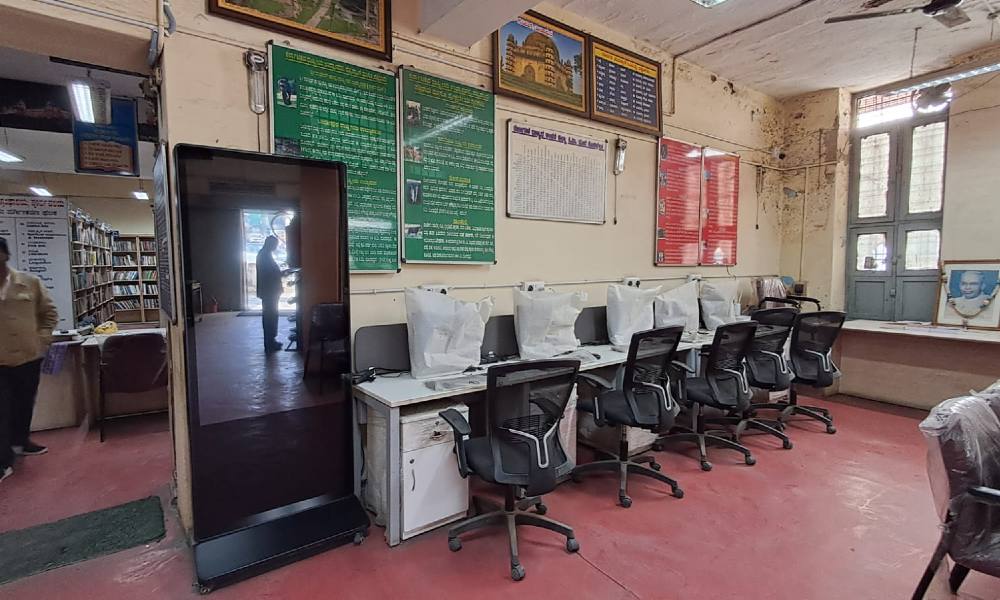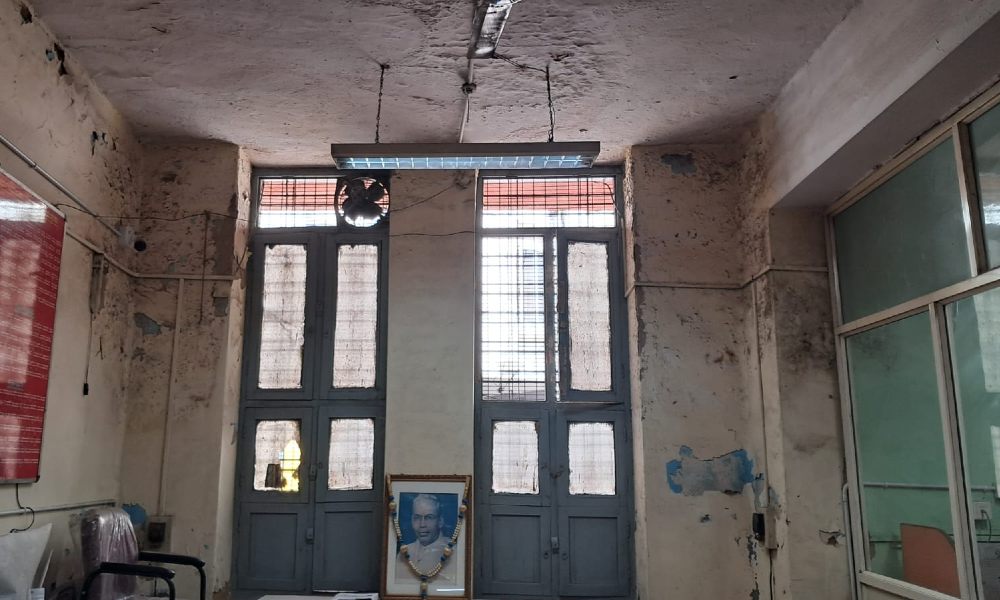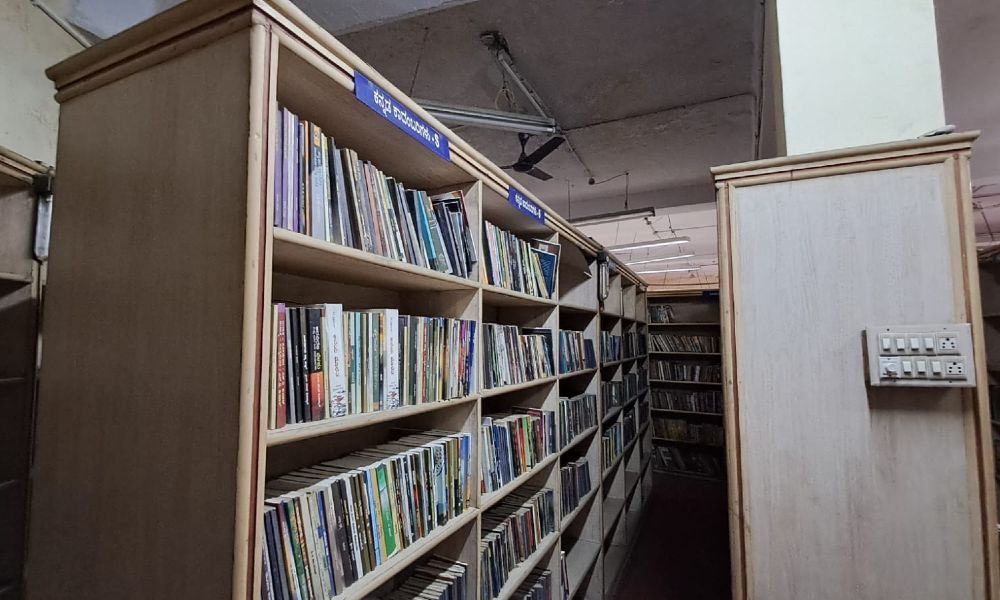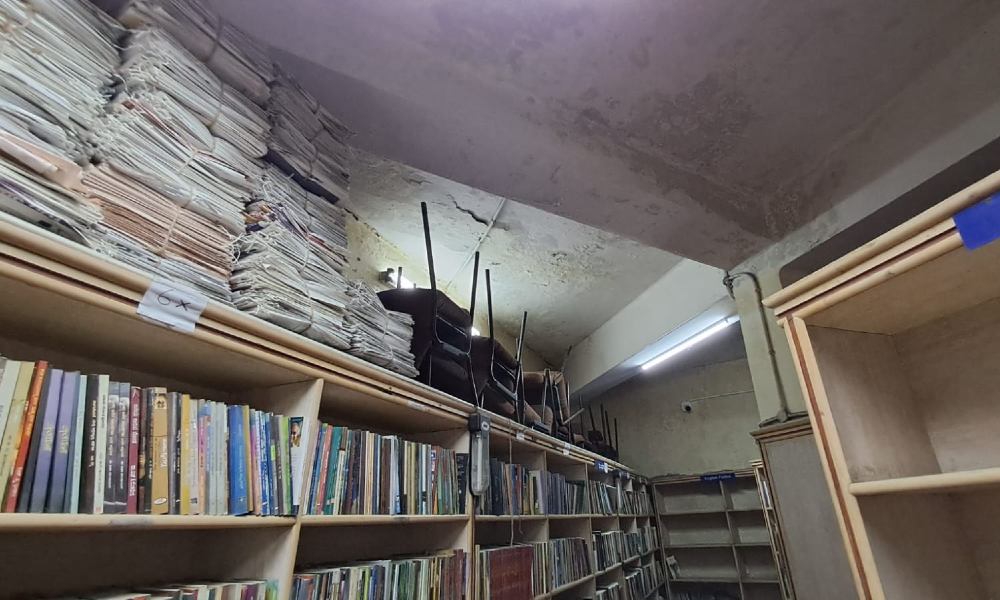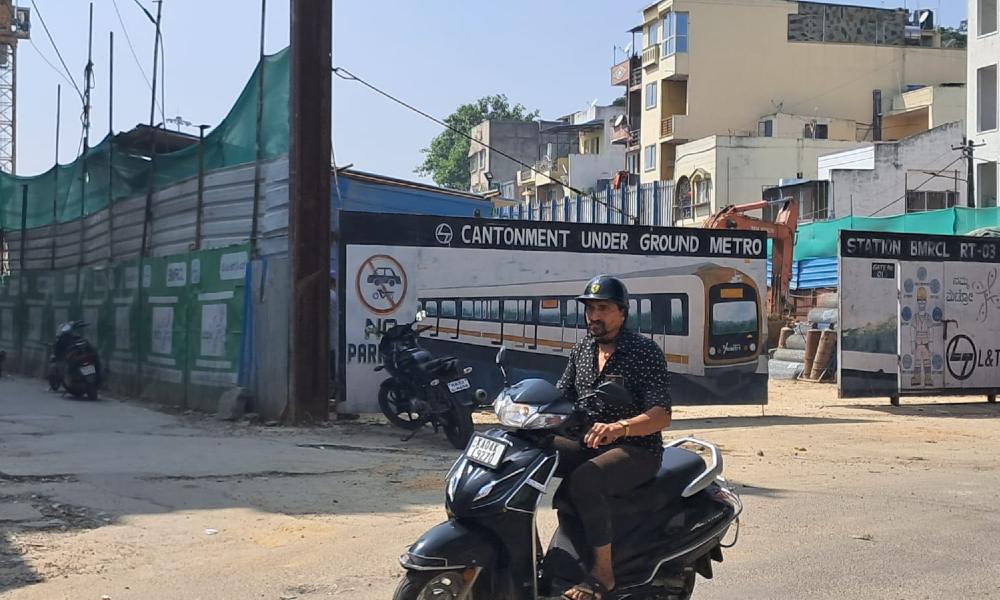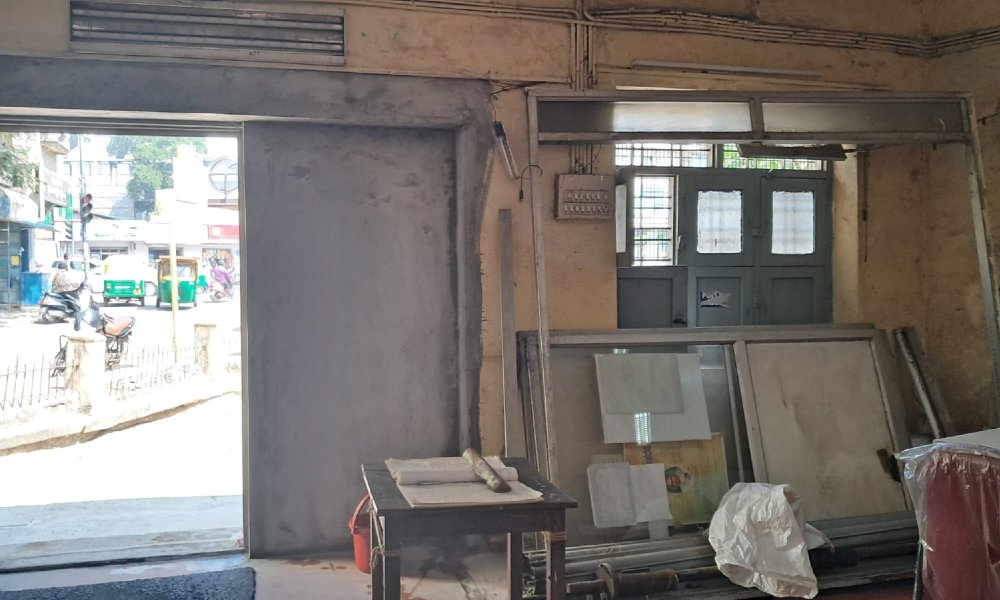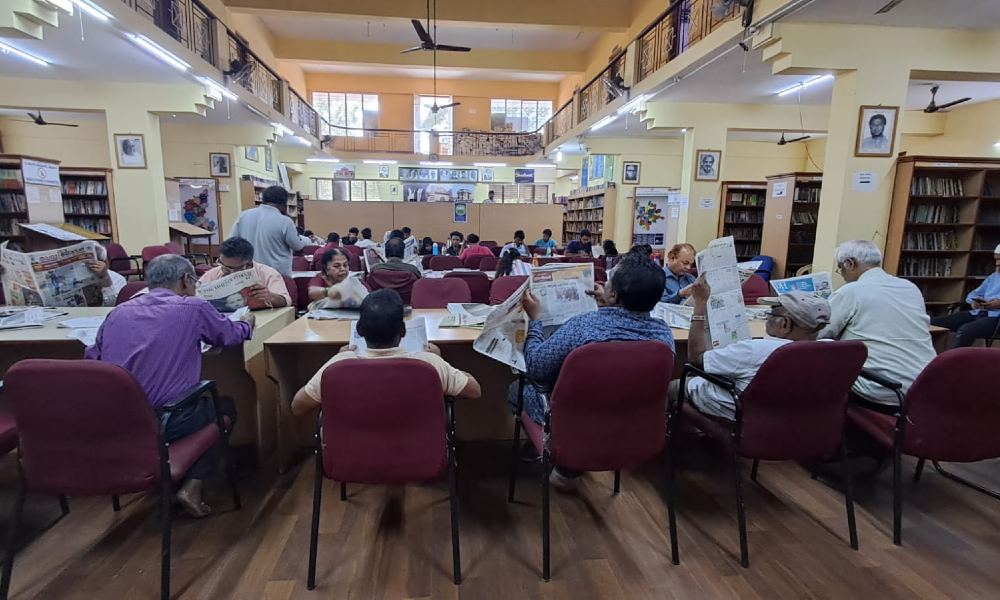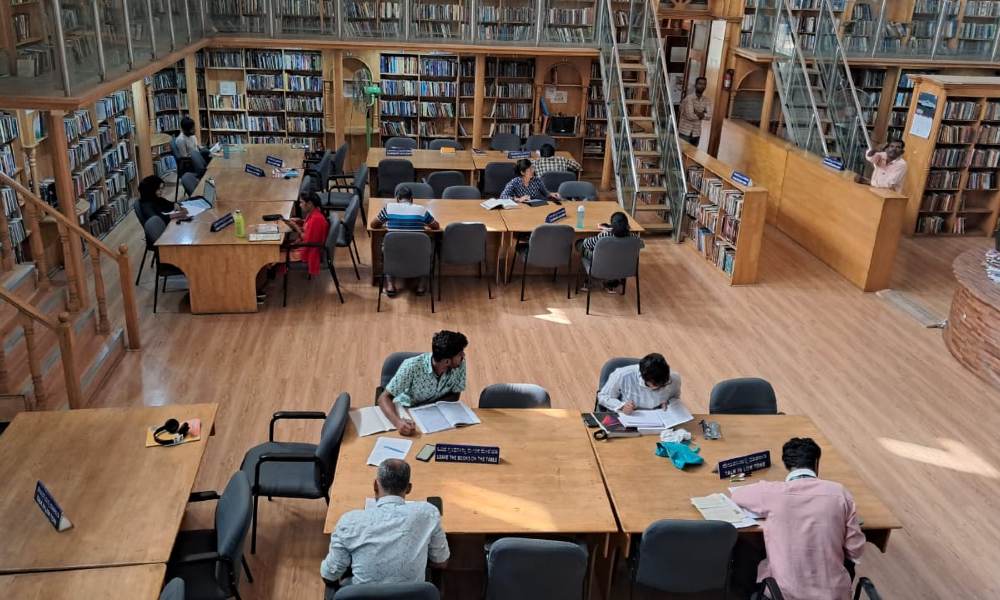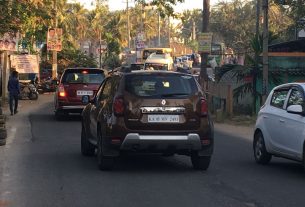Public library officials have sent many letters to BBMP, all unanswered. They propose a solution: direct transfer of library cess to resolve the issue.
Non-functional digital libraries and low stock of required books are adding to the pile of infrastructural problems that public libraries are facing in Bangalore. They need the money to make connections for digital libraries and buy new books but have no access to the funds that are allotted to them.
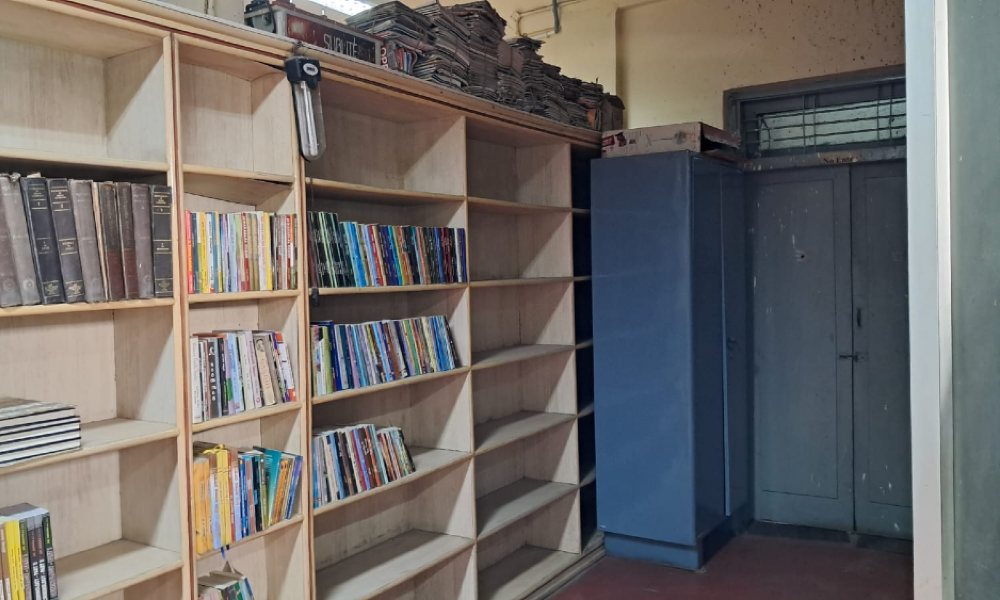
Bangalore residents pay six percent of their property tax as library cess. However, the entire amount doesn’t reach the public libraries at all. Basavaraja Talawar, Accounts Officer, Department of Public Libraries, said, “Bruhat Bengaluru Mahanagara Palike (BBMP) owes us Rs. 700.62 crore as pending library cess. Every year, they collect Rs 200 to 300 crores as library cess, but we only receive Rs. 50 to 60 crore yearly.”
In the budget report for 2022-23, the BBMP estimated Rs. 186 crores from citizens as library cess. However, in March of the current year, they only allocated Rs. 50 crores to the libraries for construction and maintenance costs.
Last month, BBMP released Rs 14 crores, a partial payment from the pending Rs. 700 crores it owes to the Department of Public Libraries. Sarojamma M., Deputy Director of the Department, said, “BBMP releases funds installments, but we have to put a lot of pressure on them constantly. We recently submitted a memorandum to local bodies and sent letters to district magistrates urging the clearance of pending funds. The Ministry of Education will be reaching out to the Chief Minister for further action.” She said that transferring the cess directly to the main library’s account instead of BBMP’s would resolve the issue.
Mr. Shivananda Kalakeri, Special Commissioner (Finance) at BBMP, said, “Collecting and distributing funds is a time-consuming process. The Department of Public Libraries has requested the full amount from the financial year 2008-09 to 2022-23, and that is a huge sum for us.”
BBMP requires funds for the maintenance of schools, hospitals, clinics, solid waste management, and road development under its administration. However, there is presently a shortage of funds. Mr. Kalakeri said, “The government does not allocate funds for running schools. Our funding primarily depends on three sources: property tax and cess, grants from the government of Karnataka, and grants from the government of India. We allocate funds based on the availability of these resources.”
Both regular readers and library staff complained about the inconveniences they face frequently.
The library staff at the public library in Haines Rd., Sulthangunta faces challenges in maintaining the facilities. The leaky ceilings during rains have led to the damage of many books and there is no water facility in the library. Sabina Parveen, a staff member, said, “For the past year, our library has been without water supply due to metro construction. Despite many complaints to Bangalore Water Supply and Sewerage Board (BWSSB), they haven’t fixed it. Now, we draw water from bore wells for drinking.” She also said that although the ceilings were repaired last year, they sustained damage within three months. “Whenever workers do the drilling work for the metro next to our library, the entire building shakes. This is the reason for numerous cracks on the walls.”
Sujan Krishnan, a retiree from the neighborhood who regularly visits the library, said, “I come here in the morning and stay until the afternoon. Since I’m not working anymore, I like to spend my time reading. However, there aren’t many books available, and the computers are often unused.”
The Sulthangunta public library falls within the jurisdiction of the R.T. Nagar City Central Library. Poornima, Deputy Director of City Central Library, R.T. Nagar, said that smaller libraries or those under the City Central Libraries’ branch face more infrastructural issues than larger ones. She explained, “Our staff is currently working on preparing content for the digital libraries. However, the process is somewhat slow due to a shortage of staff, not only in our libraries but also in many libraries across the city. We currently have only 26 permanent staff, and we require an additional 15.”
Mr. Talawar said that there are a total of 1484 library staff positions in Karnataka, with 700 posts currently vacant. In a populous city like Bangalore, where the demand is high, they are seeking locations to build additional libraries. However, the challenge lies in the unavailability of land from BBMP. He said, “We have to set aside funds to save money for constructing our own buildings.”
Experts say that the problems within public libraries are deep-rooted and systematic. A lack of a comprehensive governance system, along with division and fragmentation, has resulted in many libraries functioning on their own. Pradeep Balaji, a library consultant and researcher at the Indian Institute for Human Settlements, Bangalore said, “There is a lot of discussion going on right now for bringing the public libraries under the concurrent list of the Constitution. The libraries should be more locally serving, covering all populations, and have more staff that listen to the visitors and children. The Karnataka Public Libraries Act,1965 was passed several years ago, but it has not been revised since then. And in many other cities, this is the case – the local bodies collect the tax in crores but they don’t distribute it on time.”
Karnataka’s goal of establishing ‘digital powerhouses of knowledge’ first requires addressing existing flaws of these powerhouses. Mr. Pradeep said, “Public library legislation in Karnataka should be dynamic, adapting to societal changes. In a tech-driven society, focusing on people-centric grassroot level issues is important. The state should implement a contingency fund for delays in cess payment. The government should consult field experts and the public to identify issues affecting libraries. This would allow users to highlight the problems with accessibility, inclusivity, and other day-to-day challenges. Therefore, there is a need to revise the Act in this regard.”


